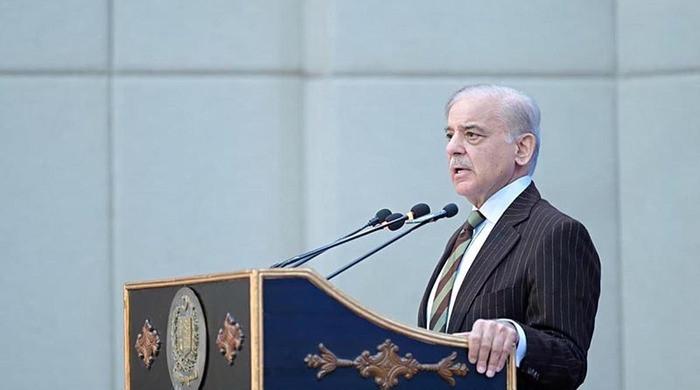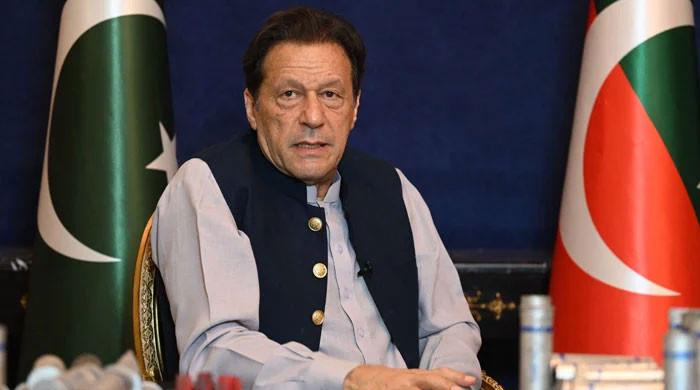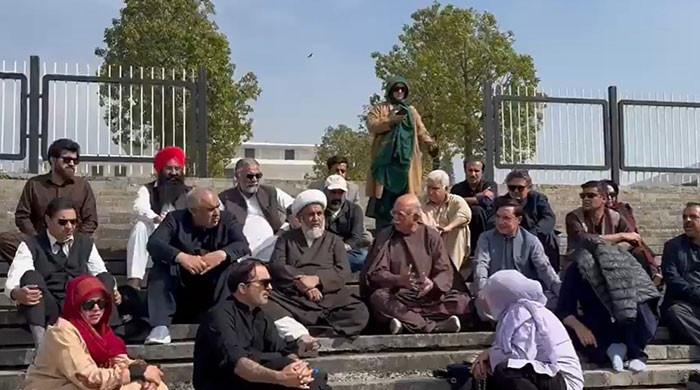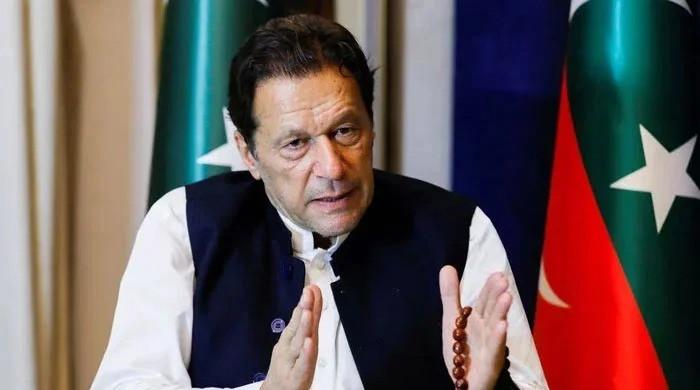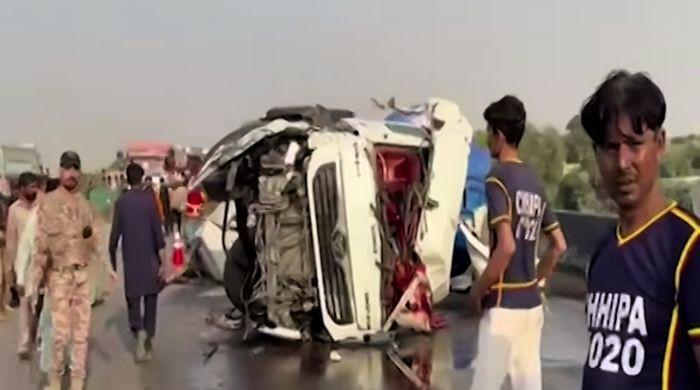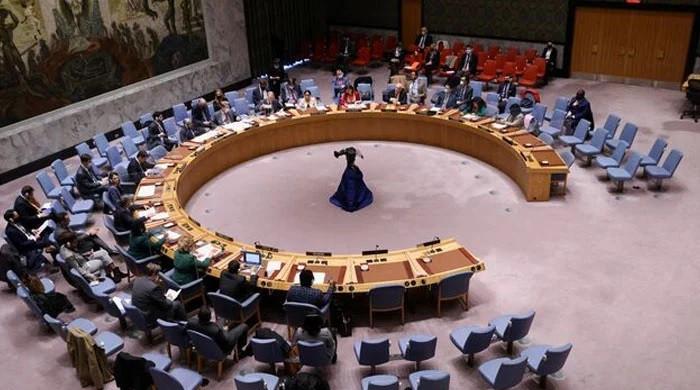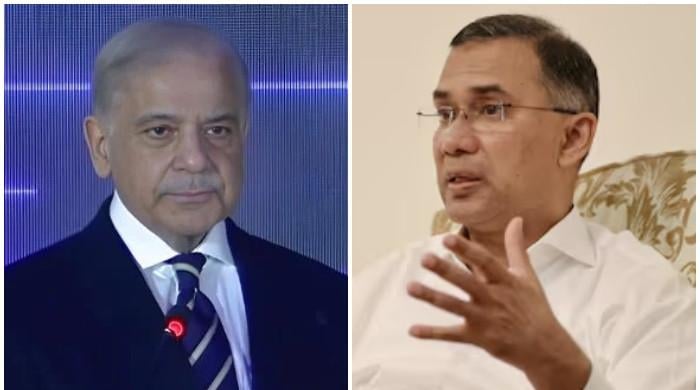Here’s the list of 100 books banned in Punjab
The Punjab government is currently reviewing over 10,000 books, says the official
July 28, 2020
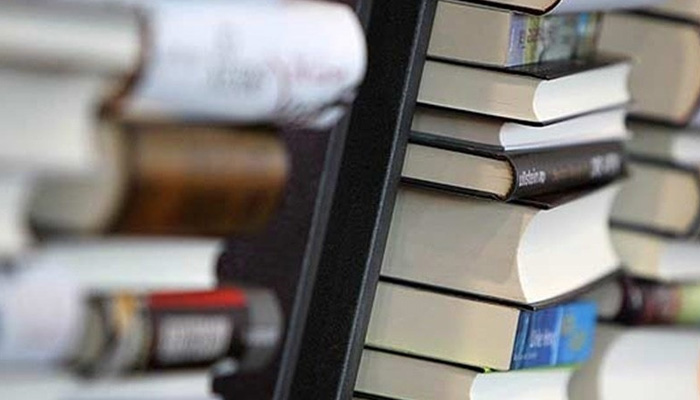
The Punjab government has decided to ban 100 books being taught in private schools deeming them “anti-national” and “blasphemous”.
An official of the Punjab Curriculum and Textbook Board (PCTB) had told Geo.tv that the authority is reviewing the books under a 2015 law which empowered them to ban a book found violating the guidelines set by a competent authority.
According to the banned list obtained by Geo.tv, 17 books were taught to class-I students, 18 were taught in class-II, 19 in class-III, 24 in class-IV, 13 in class-V, 4 in class-VI, three in class-VII, one to class-IX and one to both class-IX and X.
List of books banned in Punjab
'Over 10,000 books under review'
Managing Director PCTB Rai Manzoor Hussain Nasir had earlier told Geo.tv that they were currently examining over 10,000 books being taught in private schools and after the review is complete, the number of banned books could be in thousands.
Nasir said he was acting under the Punjab Curriculum and Textbook Board Act, 2015, passed during the tenure of the previous provincial government.
Section 10 of the Act requires an author to seek approval from the Board prior to publishing his/her book. It further gives the Board power to ban a publication which contains “anything repugnant to the injunctions of Islam, or contrary to the integrity, defence or security of Pakistan or any part of Pakistan, public order or morality.”
While content related to Islam in an Islamiyat, History, Pakistan Studies, Urdu or Literature book will need a go-ahead from the religious Muttahida Ulema Board, as well as the Punjab Curriculum and Textbook Board, before it can be included in a private school’s curriculum.
“The law was already there but for the last four years no one was doing anything,” Nasir said, adding, “So when I was appointed to the Board, in February, I decided to take action.”
'Action under the law'
The managing director has set up 30 committees to pour over 10,000 textbooks of private schools. He says each committee is headed by an “expert” of the subject, whose books are being reviewed.
Of the books banned till now, one mathematical textbook had an image of a pig another printed an incorrect map of Pakistan.
“Whatever I am doing, I am doing under the law,” Nasir said, “If you want to teach a child about numbers use the picture of a goat or a pigeon. Why do you need to show a pig?”
Pakistan’s constitution guarantees an individual the right to a fair trial and due process. Yet, Nasir admits he has not invited a single author or publisher, whose book was outlawed, for a chance to be heard.
“The parameters in the law are very clear about what can and cannot be published,” he said, “So what is there to explain? I can even register a police complaint against a person who does not comply.”
Under the Act, a person can be imprisoned for up to two years, if he/she fails to abide by the prohibition.
“What I have done is completely and 100% genuine,” Nasir insists, “Books don’t ruin us, bad books ruin us.”





